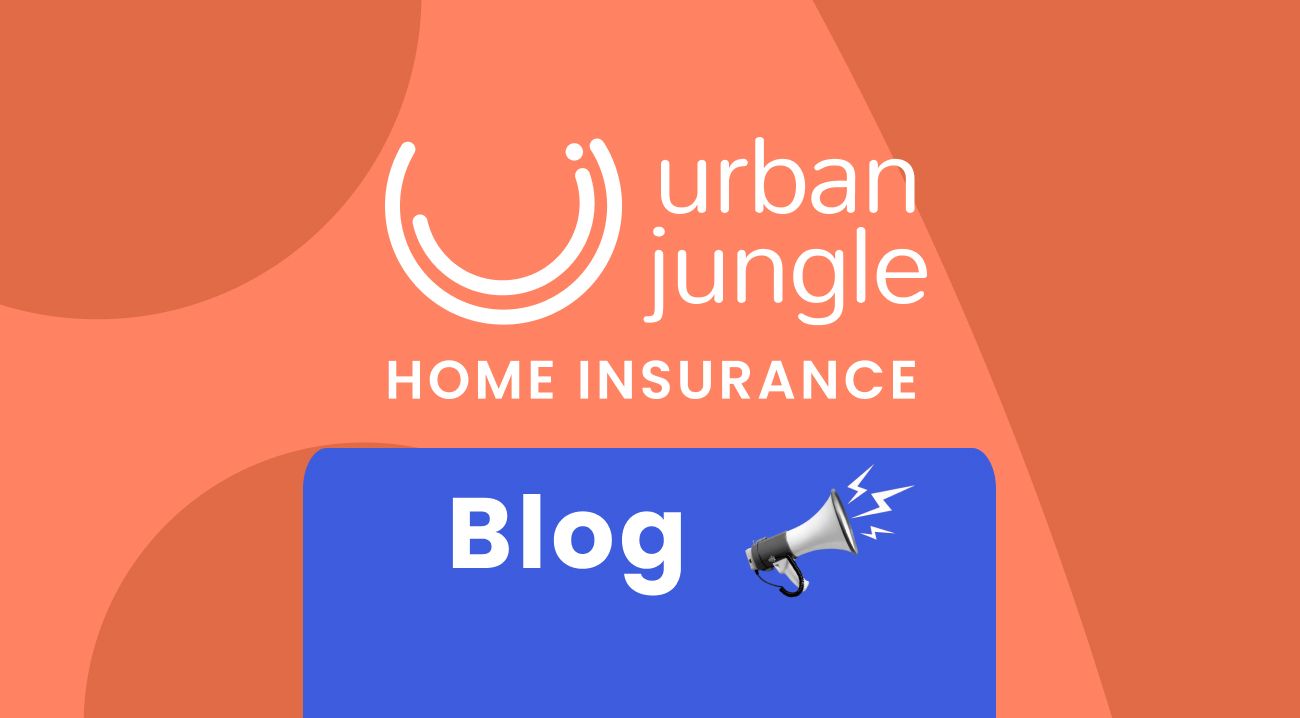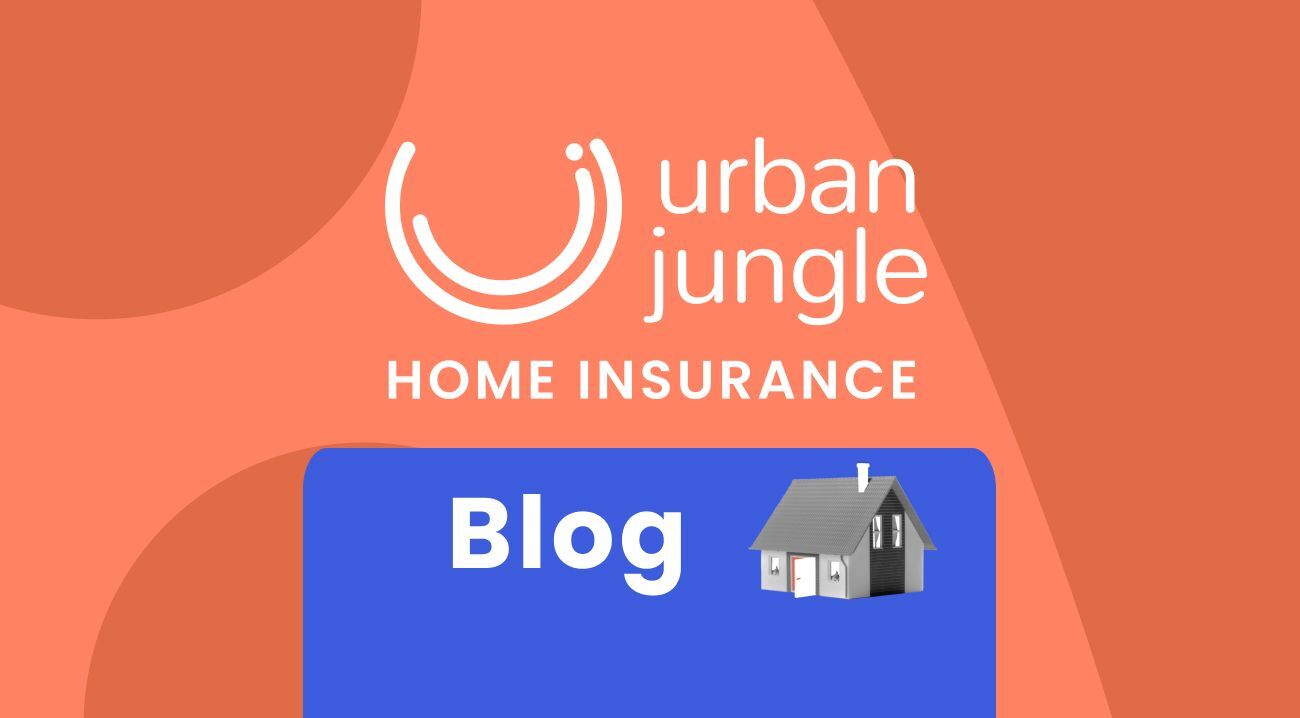What can invalidate home insurance?

What can invalidate home insurance?
Once you’ve splashed some serious cash on a property, you’ll want to do what you can to protect it, which means getting home insurance.
However, before you take out insurance, you must make sure to read the full policy document for all the details. A policy document will inform you of what's covered and what's not, and what you can and can’t do. For example, some insurers will only cover boilers that are under a certain age. You can usually access the policy documents before you buy a policy, so be sure to thoroughly read it to make sure you don’t invalid your cover. And if you’re not covered, the insurer won’t pay out when you make a claim.
So, what makes home insurance invalid?
Every insurer has their own terms but as a general rule of thumb, your policy won’t protect you if:
- You gave the provider incorrect information about the property or your stuff when you first bought the policy, or things have changed since then and you haven’t updated it.
- Your home wasn’t left secure when the incident happened.
- You haven’t looked after the property.
To make sure you’re not left uncovered (and out of pocket), here’s a rundown of the potential causes that could invalidate house insurance policy. So what can invalidate house insurance?
Leaving your home unoccupied
Most insurance policies will specify a maximum number of days the property can be unoccupied for (this could be when neither the policy holder or a family member are living there). The standard limit is 30 consecutive days, however make sure to check this on your policy.
During the winter months, some insurers will reduce this limit - unless the water supply to your home is turned off or the heating is programmed to maintain a set temperature whilst you are away. This is because a pipe could burst or a leak could form and no one would be there to spot it, which could lead to a big claim.
Not keeping your home secure
There are two big benefits to making sure your home is safe and secure: it’s an effective way to reduce the risk of theft and you won’t be invalidating your cover. For example, if you forget to lock your door, you get burgled, and there’s no proof of forcible entry, the insurer could refuse to pay your claim. Read ‘9 ways to protect your new home’ and get security savvy. Heading off on holiday? Follow our ‘8 top tips for keeping your home safe when you’re away’.
Does a key safe invalidate home insurance? It depends on your policy provider. Here at Urban jungle we won’t tell you who you can and can’t give your keys to, and where you hide them. But, if a burglar gets hold of your keys and uses them to get into your house (whether they found them under a rock or in a key safe), it’s very likely that your claim will be invalid. The same goes for if keys have been lost or given to a friend or neighbour.
On top of this, if a burglar gets access to your home without having to force entry, whether that’s with a key or a ladder left outside, you won’t be able to claim for anything they stole. To make sure you don’t invalid your cover, keep your keys out of sight and out of reach of any doors and windows.
Some insurers might reduce the price of your policy if you get a home security alarm and certified locks. Most likely they will then insist that the alarm is activated at set times e.g. when you leave the house. Further down the line, if you decide to stop using the security system you must tell your insurer, otherwise your policy could be void..
Not updating your insurer when your circumstances change
Most insurance providers will require you to keep them updated about your personal circumstances, such as changing jobs or address. If you forget to do so, the amount of any successful claims could be adjusted to reflect your new details, you may have to pay additional premium, or the policy could be voided altogether.
Making significant changes to the property
Did you buy your home with some big DIY projects in mind? You must inform your insurance provider before the work begins (we’re talking structural alterations such as an attic conversion, not something minor like a fresh lick of paint).
On top of this, you must tell them if you have builders working on your property, as this could increase the risk of doors and windows being left unlocked.
DIY damage or negligence
It’s all very well rolling up your sleeves and getting stuck into fixing up the property, but if you accidentally drill through a water pipe, may not be able to make a claim.
If accidental damage cover is included in your policy, you should be protected against most unforeseen problems. Find out more about ‘What is accidental cover on home insurance?’ here.
Having sufficient cover
When you take out a policy you can choose between ‘building-only insurance’ or ‘building and contents insurance’. The latter will protect both the structure of your property, as well as the stuff within it. You must then provide the insurer with the total value of everything that needs protecting (e.g furniture, bikes, laptops, artwork, musical instruments, jewellery) this is called your ‘sums insured’.
A common mistake to make is underestimating the actual value, which results in you being underinsured. If you don’t have enough cover, even if the claim is small, the insurer can choose to reduce the payout - this is because of the averages clause which, is quite common in home insurance policies. Read ‘Home insurance terms explained’ and ‘Claiming on contents insurance’ to find out more.
How clued up are you on your insurance jargon? Read ‘What is building and contents insurance’ to find out more.
Getting a lodger or using your home for business
Want to fill your spare room with a lodger? Make sure to inform your insurance provider; an extra person going in and out of the house potentially increases the risk of accidents and damage.
If you don’t declare it, your insurance might be void, especially if the incident or damage was caused by the lodger.
Have you moved out of the property and turned it into a rental? It might be a good idea to switch your home insurance to landlord insurance. This is because homeowner policies won’t protect you against such issues as rent not being paid or tenants getting injured or damaging the property. Read ‘Landlord insurance vs homeowners insurance’ to find out more.
Using your home for business
Are you now using your property to run a business? Make sure to update your insurance provider, otherwise you may not be covered.
Not reporting an incident quickly
If you’ve been burgled or had something stolen, you should report your loss as soon as possible; to be covered by your insurance you usually need to report the incident to the police within 24 hours to get a crime reference number.
A few final tips…
Always read the policy thoroughly to make sure you know exactly what is and isn’t covered. And always be honest when you take out the policy, misleading information could have an impact on any claim you may need to make.
So, now you’ve got a solid understanding of what could invalid your policy, it’s time to get covered. Urban Jungle’s Buildings and Contents insurance is designed for homeowners who need insurance for their property, its fixtures and the stuff that goes in it. That means your whole home is protected! Get a quote now.
Urban Jungle is not a financial advisor and information in this article should not be taken as advice or recommendation.






